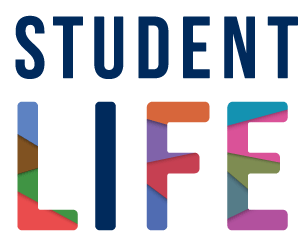Updated April19, 2024
Research shows that getting involved can improve your overall student experience and help you become more engaged in university life.
These experiences can be captured on your Co-Curricular Record (CCR), an official U of T document that records your involvement and connects those experiences to skills.
Here are 3 benefits to building your CCR
Build experiences and develop skills outside of the classroom
Sarah, a fourth-year Arts & Sciences student shared that the volunteer experiences on her CCR enhanced her career development while in school.
“These were often more related to my degree than paying jobs I undertook, which helped me build a base for my future career while I’m still in university.”
There are over 7000 CCR recognized opportunities from a wide range of experiences. You can include involvement from student organizations, conferences, workshops, athletics, Work Study positions and more. Search for CCR recognized opportunities on the Experiential Catalogue.
Have your involvement captured and validated
The CCR records your experiences on an authenticated document similar to your academic transcript. With each position on your record, there is a staff or faculty member that verifies your involvement in an activity.
Sarah notes that the CCR can be a useful addition to job or grad school applications, “you can show it to future employers or acceptance boards along with your transcript and work experience.”
It can help you articulate your skills for your resume, applications and interviews
Every position on your CCR also displays a set of related skills. The CCR uses a framework of 36 different skills that you can develop depending on the opportunity. The skills and their definitions found in your CCR can help you to reflect on, and articulate what you learned during your experiences.
For Sarah, the CCR also helped her to better describe her volunteer experiences during her job search.
“It helped me talk about my roles in committees, similar to how I would speak about previous work experience.”
Depending on where you will share your CCR, you can also tailor your CCR for each application by customizing which specific experiences or skills you’d like to show.
More opportunities are being added to the CCR every year and you can always suggest new opportunities.
Start building your Co-Curricular Record today!




